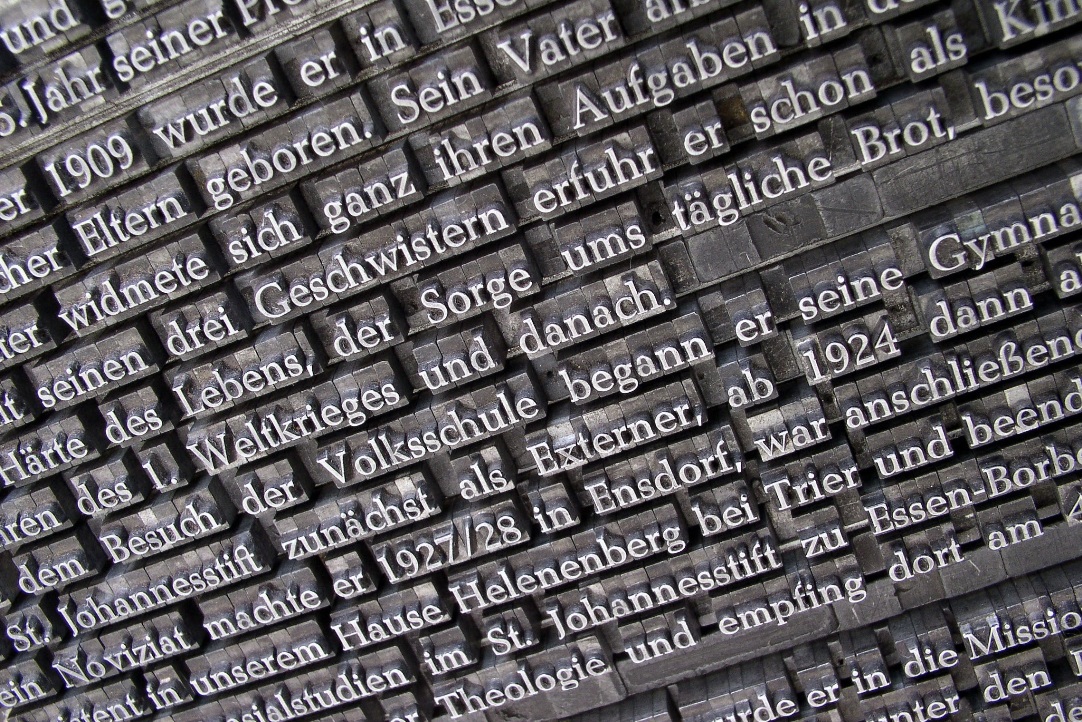Memories of Displacement, Trafficking and Global Concern for the Security of Women: India's Response
Abstract:
There is a close relationship between displacement and trafficking of human beings. Every year many people are being trafficked nationally and internationally. Traffickers always target the most vulnerable sections of the society. They always try to take advantage of social and political turmoils and displacement of people caused by natural disasters, economic crisis and armed conflict. Trafficking has become an issue of growing concern all over the world particularly in South Asia because of common cultural, traditional and historical reasons. This region especially India has become the center of operations for human trafficking. This paper, therefore, tries to examine the link between displacements and trafficking particularly of women and child trafficking and it aims to provide an overview of the condition of the displaced and trafficked women and their traumatised lives. Trafficking involves a gross violation of human rights. The survivors in most cases not only suffer from physical abuse but also they cannot forget the memory of emotional and psychological abuses by the traffickers. Images of their traumatic past affects their present. The whole International community including the Indian state is trying hard to reintegrate the trafficking survivors to the mainstream society because human trafficking is posing a serious threat to human security. Therefore, all the countries of the world are trying to combat everything including trafficking that challenges the true freedom of the human beings. But the task of reintegration and rehabilitation is not very easy. It is not possible for the survivors to erase the memories of their past life at one stroke even if they are physically rescued. Their memory is full of traumatic experiences and most often they suffer from memory loss also. There is a complex relationship between trauma and memory. No doubt, the effects of trauma on the memory of the survivors are not always identical and the healing process of the victims depends on how they recollect and reconstruct, remember or forget those memories of their dark past. Therefore, this article tries to analyse how the traumatised memory of the survivors affects their healing process and presents innovations that might be effective for ensuring human security by combating human trafficking and erasing the traumatised memories of the displaced persons and also proposes how the Indian state can handle this growing domestic and international human rights catastrophe and take active part in the rehabilitation of the deceased persons.
Readers can download the Abstract and the Article clicking following buttons:


